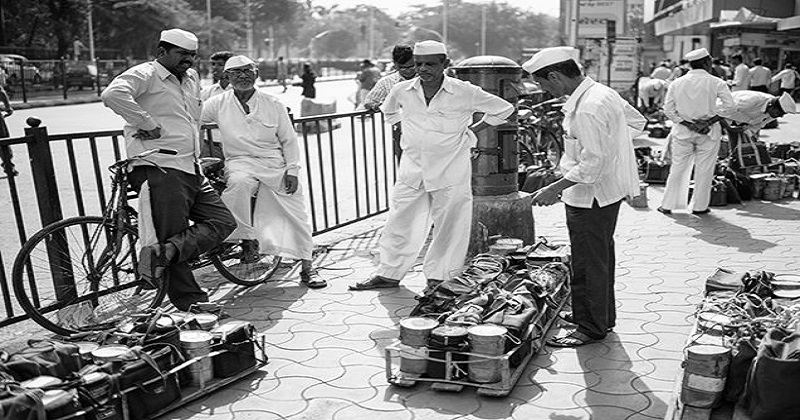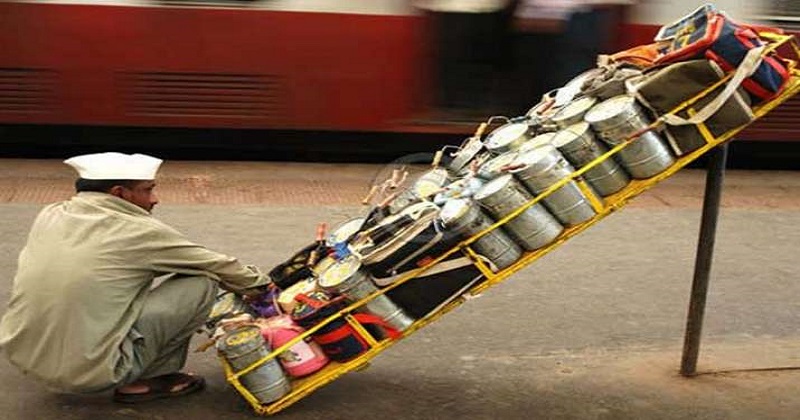
The dabbawalas are figurative of the possibilities that had once been open to millions of Indians, currently at threat as the country toils to revive what had been the world’s fastest-growing large economy. Young men with little education, hailing mostly from the villages nestled between the green flat-top hills of the Sahyadri mountains, would travel to nearby Mumbai to learn the trade.
India’s economy is showing signs of refinement. Lockdown restrictions have vastly pinched and migrants are reaching back to cities. Local authorities have taken measures to get the dabbawalas back to work, such as permitting them to ride passenger trains still shut to the public. Yet the dabbawalas worry they may be enduring losses of the economic turmoil wrought by the pandemic.An estimated 140 million workers lost their jobs during the lockdown, flaring an epic reversal migration from India’s cities. The economic and public health deterioration was intense, with the country entering its first technical recession and documenting a COVID-19 case count second only to that of the United States.

For the thousands of dabbawalas who returned often impoverished to their villages after India’s lockdown, reintroduction to pastoral life has been extremely difficult. A cyclone battered the region in June, raising the roofs off homes. The disease then slammed their rice crops, exiting many to depend on food rations given out by local businesses and charities.Kailash Chindu Shinde, a 37-year-old dabbawala in a nearby village who relinquished half his harvest to illness , said he concerned about the future of his 7- and 10-year-old sons, who returned with him from the city and no longer attend school.“I would have loved for them to have a wider horizon,” he said. “I was expecting a few days or a week [of lockdown], but not months and months.”
Companies are adopting isolated working while motorcycle-riding couriers from start-ups supported by foreign venture capitalists, such as Swiggy or Zomato, have increased in their absence. Subhash Talekar, president of the dabbawala association, expressed demand was so low that the few who were operating made only a couple of deliveries a day. Others now drive rickshaws or labor on construction sites.“We have to start from zero all over again,” Talekar said. “For 130 years dabbawalas have helped fill Mumbai’s belly. Now we have hunger of our own.”
Shantaram Gide, who is uncertain of his age but thinks he is about 65, is finished with the trade. His wife remains in Mumbai, working as a maid, but he said he would remain in the countryside, tending to his rice paddies.In the morning, he would cycle through the sprawling suburbs, scooping up stacked metal tins of piping hot curries and roti from front doors with industrial exactness, before climbing aboard a train rattling toward Mumbai’s southern business districts. There he would run from office to office to deliver each fresh, homemade parcel to its recipient in time for lunch, then carry the empty tins back to their suburban homes come afternoon and replicate the routine with the same rigid efficiency the next morning.

Shinde is one of Mumbai’s 5,000 dabbawalas, the often illiterate white-capped workers whose low-tech but dedicated delivery network has gathered global renown. They relished audiences with British royals and inspired the 2013 film “Lunchbox” while a Harvard Business School study analyzed what global companies could understand from their methods.
Shinde now spends his days not leaping on and off bustling trains but struggling in rice and sorghum fields 50 miles away, the drumbeat of trains giving way to the rustle of dry grass. Like so many working in India’s cities, the dabbawalas lost their income overnight when Prime Minister Narendra Modi called a lockdown in March. Nine months later, with Mumbai’s passenger trains still not fully running and offices half empty, many have left the city, enduring on subsistence farming and wondering if they will ever work again.

Post Your Comments